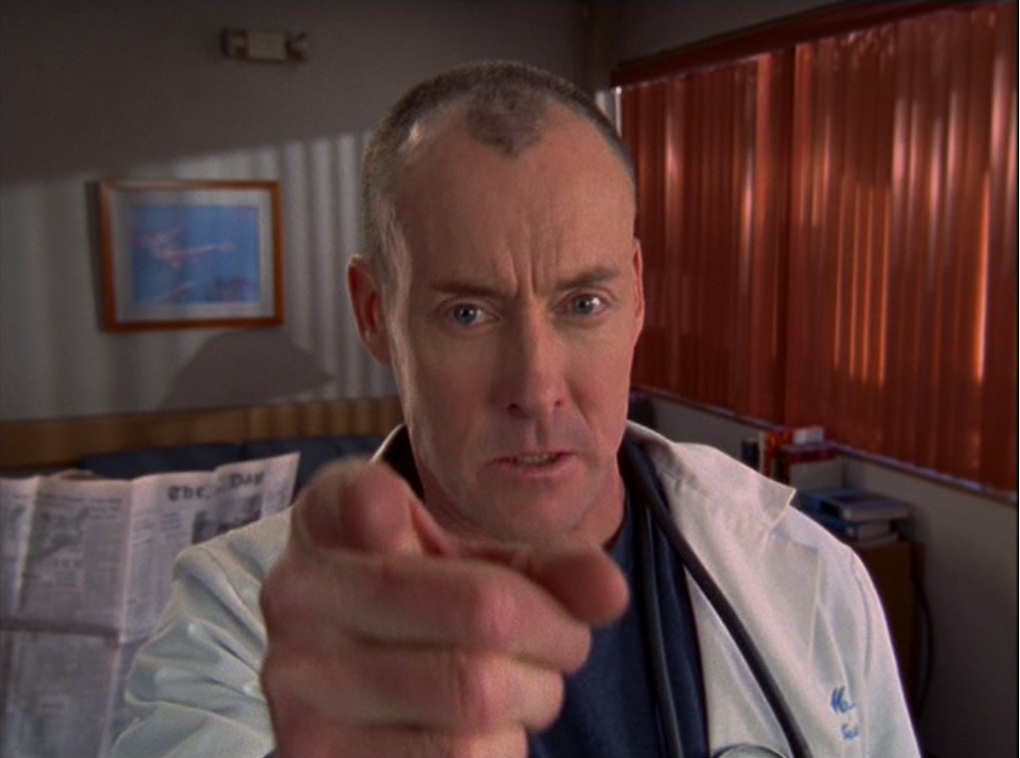Hi there 
First of all, I'm from Europe but stumbled over this forum and since it has so many members I'd like to ask about your opinion.
since I'm 13 years old, I kind of have a HIV-phobia which has gotten worse now. I'm currently doing an internship at the psychiatric station and some patients are HIV+.
Now everytime I have to take blood I get extremely nervous.
Also yesterday a patient with unknown serostatus was standing right next to me, when he turned towards me and coughed all over me.. like really bad.
and again, I'm very worried. I know the risk is quite low, but it's not zero. I also feel like that I always meet the weirdest patients, and coughing all over me is something I really hate. Will it ever get better?
How can I deal better with my fears?
First of all, I'm from Europe but stumbled over this forum and since it has so many members I'd like to ask about your opinion.
since I'm 13 years old, I kind of have a HIV-phobia which has gotten worse now. I'm currently doing an internship at the psychiatric station and some patients are HIV+.
Now everytime I have to take blood I get extremely nervous.
Also yesterday a patient with unknown serostatus was standing right next to me, when he turned towards me and coughed all over me.. like really bad.
and again, I'm very worried. I know the risk is quite low, but it's not zero. I also feel like that I always meet the weirdest patients, and coughing all over me is something I really hate. Will it ever get better?
How can I deal better with my fears?



 HIV has a extremely low transmission rate after prophylactic medications. Hep C has no prophylactic medications and has a decent 1-3% transmission rate.
HIV has a extremely low transmission rate after prophylactic medications. Hep C has no prophylactic medications and has a decent 1-3% transmission rate.